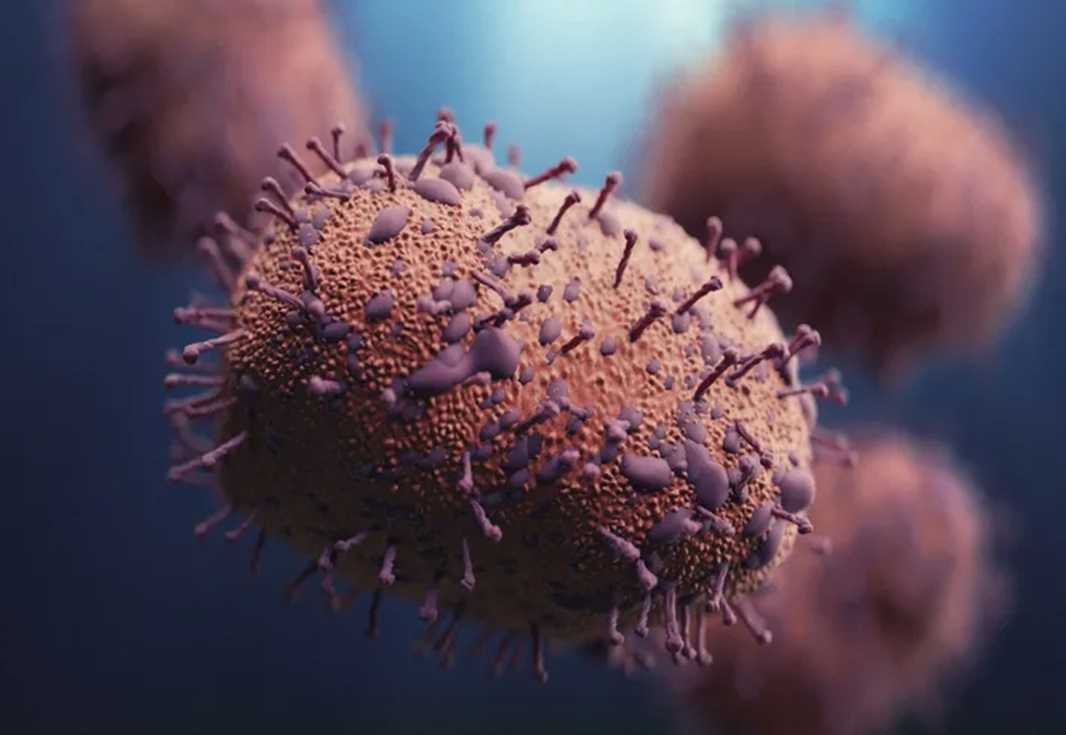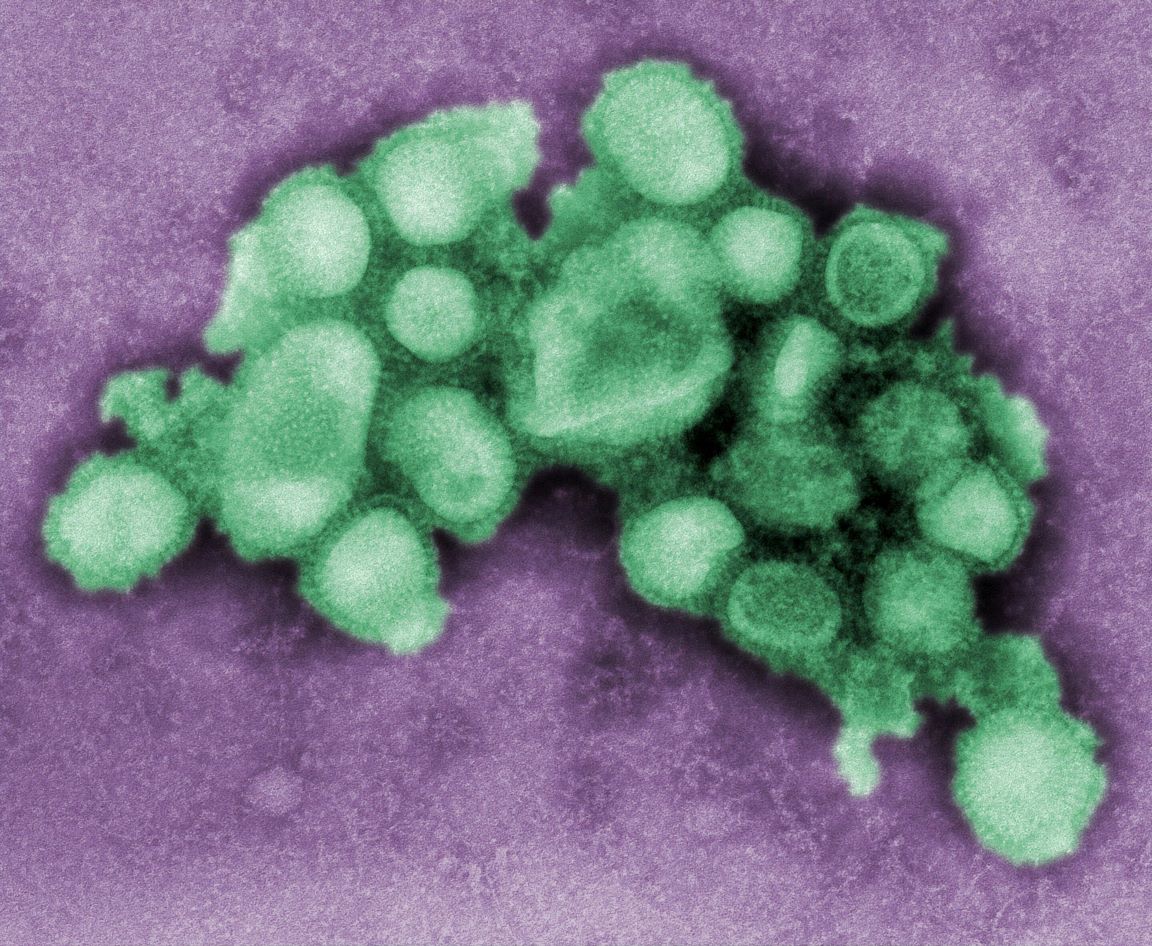Health authorities are urgently tracking down contacts of an individual infected with a new strain of swine flu, after the UK confirmed its first human case of H1N2.
Since 2005, there have been fifty reported human cases of this strain globally. The new case in the UK is genetically distinct from previous instances and marks the country’s first detection.
Known as Influenza A(H1N2)v, this virus closely resembles flu strains found in pigs within the UK. The UK Health Security Agency (UKHSA) has officially informed the World Health Organization (WHO) about this discovery.
Initial data suggests that the infection identified in the UK belongs to a distinct clade or variant – 1b.1.1 – which differs from recent human cases of H1N2 reported elsewhere.
The infected person, whose identity has not been disclosed, experienced mild symptoms and has since recovered.
They did not require hospitalization and were not known to have had contact with pigs, according to reports from the Guardian. Investigations are ongoing to determine how they contracted the virus.
UKHSA is currently conducting contact tracing to identify close contacts and prevent potential spread of the virus. The transmissibility of this particular strain and the presence of other cases in the UK are still unknown.
Meera Chand, an incident director at UKHSA, stated: “It is through routine flu surveillance and genetic sequencing that we identified this virus.

While similar viruses have been found in pigs before, this is the first time it has been detected in humans in the UK. We are moving quickly to trace contacts and minimize any further transmission.
Investigations are underway to understand the source of infection and to assess if there are additional cases.”
Close contacts will be offered testing as needed and provided guidance on necessary medical care if they develop symptoms or test positive.
UKHSA is also enhancing surveillance efforts within existing programs involving GP practices and hospitals in parts of North Yorkshire. Individuals contacted for testing are strongly encouraged to comply to aid in case detection.
Christine Middlemiss, the chief veterinary officer, emphasized the importance of stringent animal health and biosecurity measures.
She noted, “Some animal diseases can cross over to humans, underscoring the critical role of maintaining high standards of animal health and welfare.
Our integrated surveillance systems for animals and humans are pivotal in safeguarding public health. In this instance, we are contributing specialist veterinary and scientific expertise to support UKHSA’s investigation.
Pig owners are reminded to promptly report any suspected cases of swine flu in their herds to their local veterinarian.”
Swine flu A viruses encompass major subtypes such as H1N1, H1N2, and H3N2, which occasionally infect humans. The H1N1 strain caused a human pandemic in 2009, commonly known as swine flu, which now circulates seasonally among humans.
